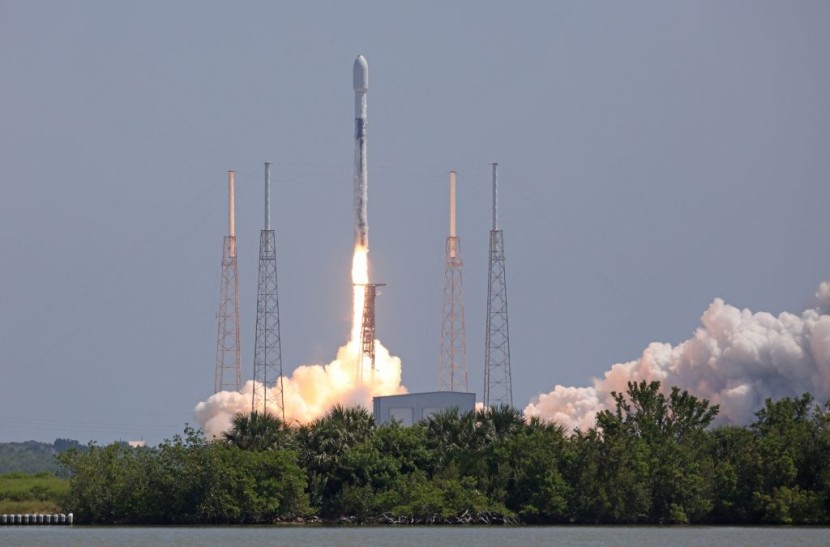
US officials warn private space companies to stay vigilant after they discovered China and Russia trying to steal their critical technology and prepare cyberattacks aimed at degrading US satellite capabilities during a conflict or emergency.
The New York Times reported the National Counterintelligence and Security Center, the FBI, and the US Air Force issued an advisory to US companies Friday (August 18) that they, their employees, and their contractors might be targeted by foreign intelligence services.
Space companies' data and intellectual property could be at risk from attempts to break into computer networks, moles placed inside companies, and foreign infiltration of the supply chain, officials said.
"Foreign intelligence entities recognize the importance of the commercial space industry to the U.S. economy and national security, including the growing dependence of critical infrastructure on space-based assets," US officials added.
Commercial Space Endeavors at Risk
While the US government is still building and launching its own reconnaissance and communication satellites, private American space firms like SpaceX, Blue Origin, and other companies have already been building and launching their own infrastructures and satellites.
Because of this, intelligence agencies have increasingly been dependent on the private-sector space industry, which could make them vulnerable to cyberattacks perpetrated by adversaries such as China or Russia, according to recent FBI investigations and intelligence collection on foreign intelligence plans.
Officials believe private space companies have given the US a huge advantage in space that is envied by foreign adversaries. However, security measures greatly vary from firm to firm, and US officials urge its space industry to tighten its protections against attempts made by Chinese and Russian intelligence agencies to infiltrate them.
Ground Support Saboteurs
Since 2017, the US Justice Department has charged Chinese, Russian, and Iranian nationals with various schemes to steal space-related technology. In 2019, a Chinese national was sentenced to federal prison for trying to acquire a radiation-hardened power amplifier used in space applications.
Some companies have disclosed infiltration attempts on their own operations, such as United Launch Alliance (ULA), a joint venture of Boeing and Lockheed Martin which puts many national security satellites into orbit. In 2019, ULA speculated a Chinese firm tried to infiltrate its supply chain, but the supplier did not succeed in extracting critical intelligence.
The latest incident came in October when five Russians were accused of attempting to illicitly acquire "semiconductors and microprocessors used in satellites, missiles, and other space-based military applications" from US companies.
Space: The Next Frontline?
In addition, US officials believe rendering ineffective space-based communication and imaging satellites is likely to be the opening move of any future conflict.
When Moscow launched its attack on Ukraine in February 2022, officials stated, hackers linked to the Russian government conducted a cyberattack against Viasat, a US-based telecommunication firm, in an attempt to disrupt Ukraine's ability to command its troops.
The Russians also used satellite signal jamming as the war dragged on, which might put SpaceX's low-earth orbit satellite network Starlink, which proved to be critical to Ukraine's war effort, at very high risk.
Officials advised space firms to frequently track anomalous incidents on their computer networks to look for potential breaches, develop protocols to identify potential foreign agents inside the business, conduct due diligence on potential investors, and prioritize the protection of their most important intellectual properties.
Both China and Russia, as well as SpaceX and Blue Origin, have not provided any comment about the advisory as of this report.
© 2026 HNGN, All rights reserved. Do not reproduce without permission.








